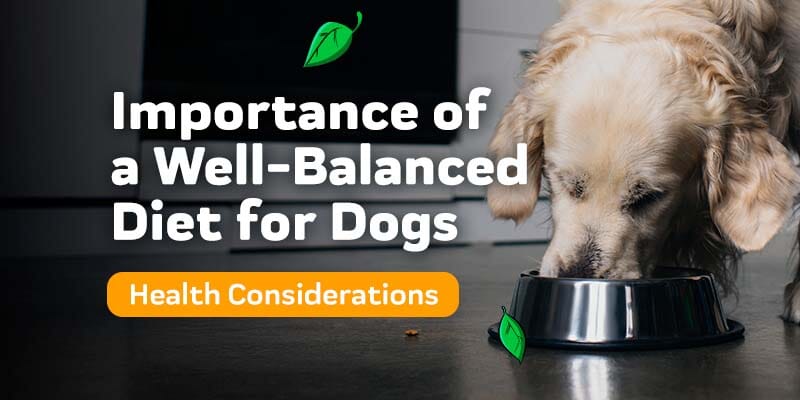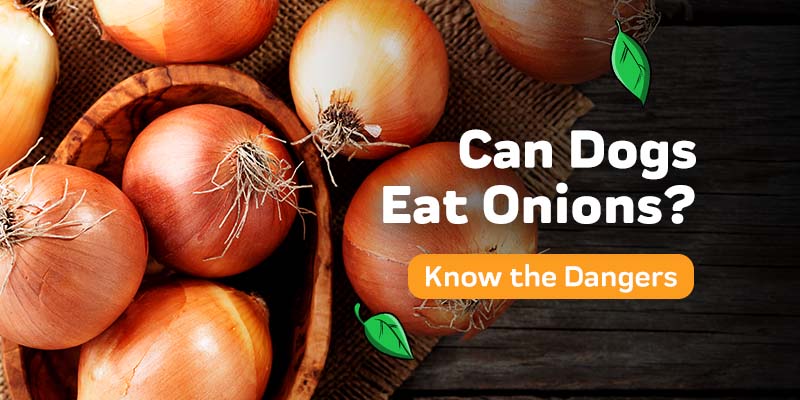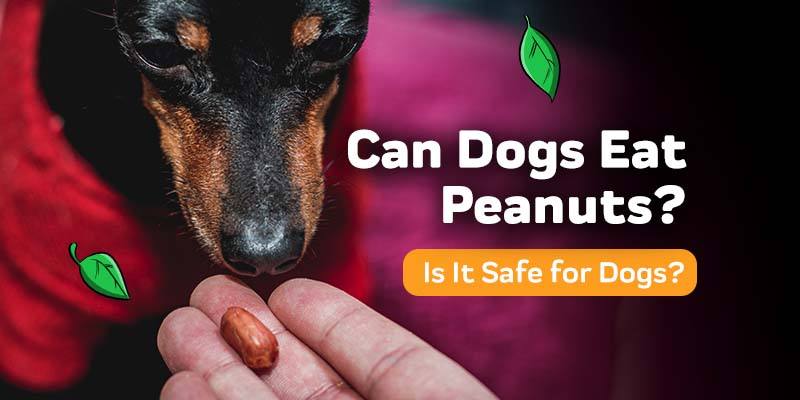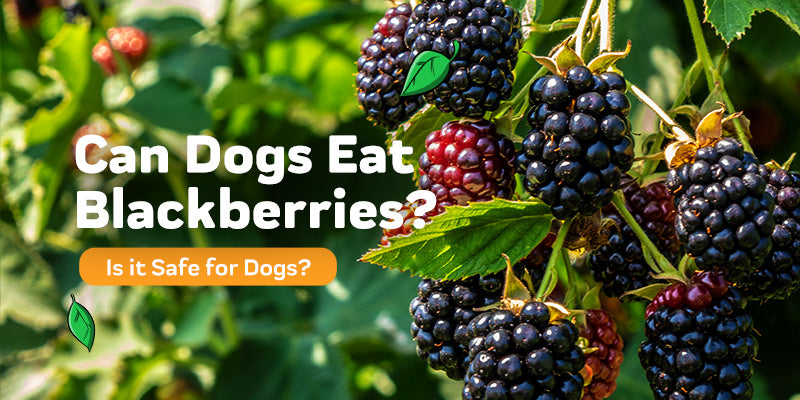Do you ever give your dog a little bit of milk to drink? You may have heard that it's not good for them, but is that true? Let's take a closer look at whether or not dogs can drink milk.

Can Dogs Drink Milk?
Yes, dogs can drink milk, but it is not necessarily the best choice for them. It is safe only in small quantities. So, while a little milk now and then probably won’t hurt your dog, it’s not the best beverage choice for him.
You should avoid giving your dog a whole bowl of milk in one sitting. Too much milk can cause digestive upset in dogs. It can also lead to weight gain and other health problems.
While milk does contain certain elements that make for a good, healthy dog, like protein, calcium, and vitamins A, D, and B12, it is not the best way to get these nutrients. Whole milk simply has too much sugar in it, which makes other food options more healthy in the long run. If you're looking for vitamins for your dog, we recommend you the Advanced Multivitamin, especially if you have a senior dog. These chews provide everything your dog needs in one convenient treat. Made with all-natural and veterinarian-approved ingredients, these chews support coat, skin, digestive, joint, heart, and immune health.
Can Dogs Be Lactose Intolerant?
Did you know that dogs can be lactose intolerant? Just like some people, dogs can have trouble digesting milk and other dairy products. If your dog seems to be having trouble after eating or drinking dairy, they may be lactose intolerant. Signs of lactose intolerance in dogs include vomiting, diarrhea, bloating, abdominal pain, and gas. If you think your dog may be lactose intolerant, talk to your veterinarian. They can help you figure out the best way to keep your dog healthy and happy.
How Can Dogs Be Lactose Intolerant?
As puppies, dogs have an enzyme called lactase that allows them to digest their mother's milk. However, this enzyme is not as present in adult dogs. This means that if you give your dog milk, it is likely to experience gastrointestinal distress, including vomiting and diarrhea. So, while it might be tempting to give your furry friend a little milk as a treat, it's best to do it carefully.
Conclusion
Dogs can drink milk, but not all dogs tolerate it well. Milk provides many nutrients that are beneficial for dogs, such as calcium, protein, and vitamins B12 and D. However, some dogs may experience gastrointestinal problems after drinking milk. If your dog does not seem to tolerate milk well, you can try switching to a lactose-free variety or feeding him other sources of calcium and protein. For more tips on keeping your pet healthy and happy, be sure to check out our blog at innovetpet.com!

















